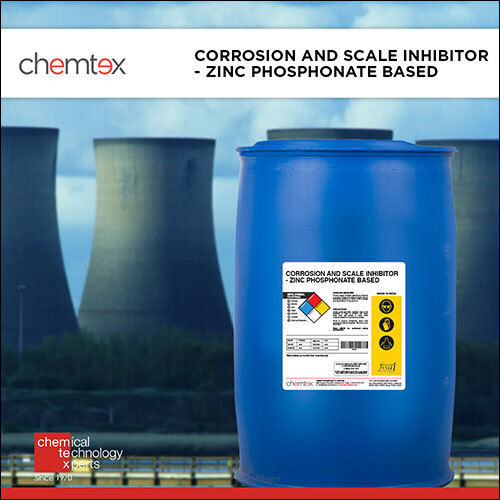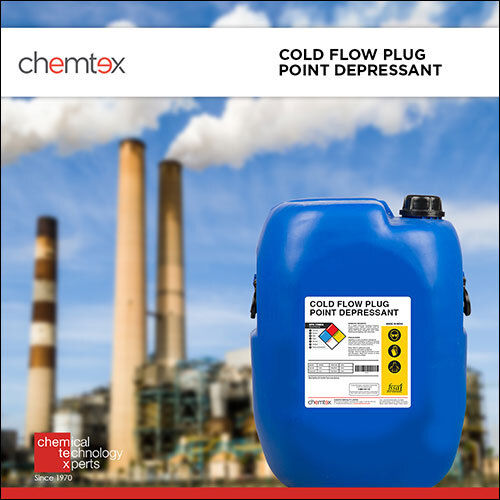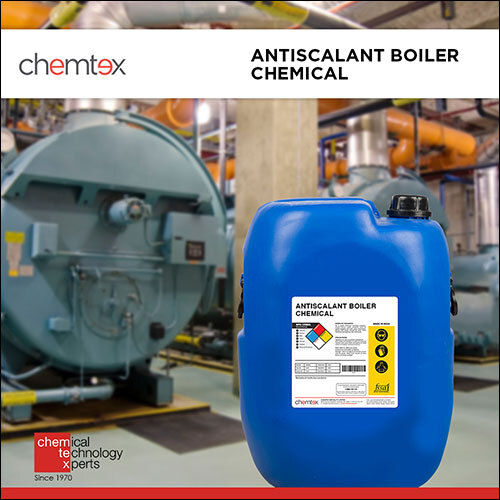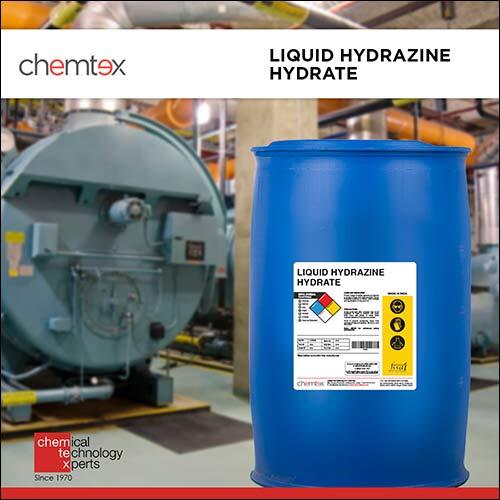Call : 08045802120
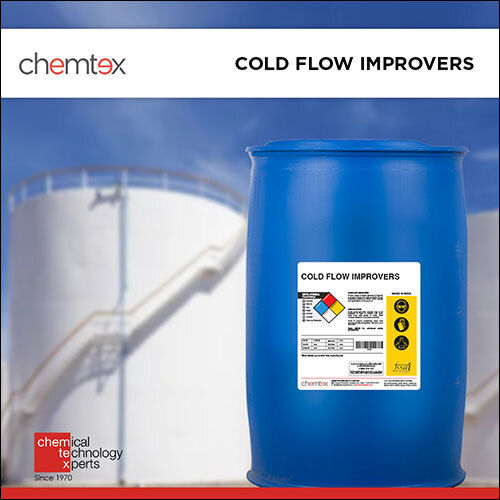
Cold Flow Improver
250 INR/Kilograms
Product Details:
- Chemical Name Other
- Physical Form Liquid
- Grade Industrial Grade
- Type Other
- Application Other
- Click to view more
X
Cold Flow Improver Price And Quantity
- 1 Kilograms
- 250 INR/Kilograms
Cold Flow Improver Product Specifications
- Other
- Industrial Grade
- Liquid
- Other
- Other
Cold Flow Improver Trade Information
- Middle East Africa
- All India
Product Description
A cold flow improver is a specialized additive used in fuels to enhance their low-temperature performance. It is particularly useful for diesel and other distillate fuels that tend to experience issues such as wax crystal formation and fuel gelling in cold weather conditions. The cold flow improver lowers the pour point and improves the cold flow properties of the fuel, ensuring smooth fuel flow and preventing clogs and disruptions in fuel systems.
FAQ :
Q: What is a cold flow improver?
A: A cold flow improver is a fuel additive designed to improve the low-temperature performance of diesel and distillate fuels. It helps prevent fuel gelling and wax crystal formation that can occur in cold weather conditions, ensuring reliable fuel flow and preventing operational issues.
Q: Why is a cold flow improver necessary?
A: Cold flow issues can arise in fuels when temperatures drop, causing wax crystals to form and fuel to gel. These issues can lead to clogged filters, reduced fuel flow, and potentially engine or equipment failures. A cold flow improver is necessary to lower the pour point of the fuel and modify the wax crystals, allowing the fuel to flow smoothly even in cold temperatures.
Q: How does a cold flow improver work?
A: Cold flow improvers typically contain polymers that interact with the wax crystals in the fuel. They modify the crystal structure, preventing them from aggregating and forming larger clusters that can clog fuel filters. The cold flow improver helps to maintain the fuel in a more fluid state, improving its ability to flow at lower temperatures.
Q: Can cold flow improvers be used in all types of diesel fuels?
A: Cold flow improvers are formulated for specific fuel types and should be chosen accordingly. They are commonly used in diesel and distillate fuels, including ultra-low sulfur diesel (ULSD) and biodiesel blends. It is important to select a cold flow improver that is compatible with the fuel being used and to follow the manufacturer's guidelines for proper application.
Tell us about your requirement

Price:
Quantity
Select Unit
- 50
- 100
- 200
- 250
- 500
- 1000+
Additional detail
Mobile number
Email
Other Products in 'Boiler Treatment Chemicals' category
 |
CHEMTEX SPECIALITY LTD
All Rights Reserved.(Terms of Use) Developed and Managed by Infocom Network Private Limited. |

 Send Inquiry
Send Inquiry English
English Spanish
Spanish French
French German
German Italian
Italian Chinese (Simplified)
Chinese (Simplified) Japanese
Japanese Korean
Korean Arabic
Arabic Portuguese
Portuguese
